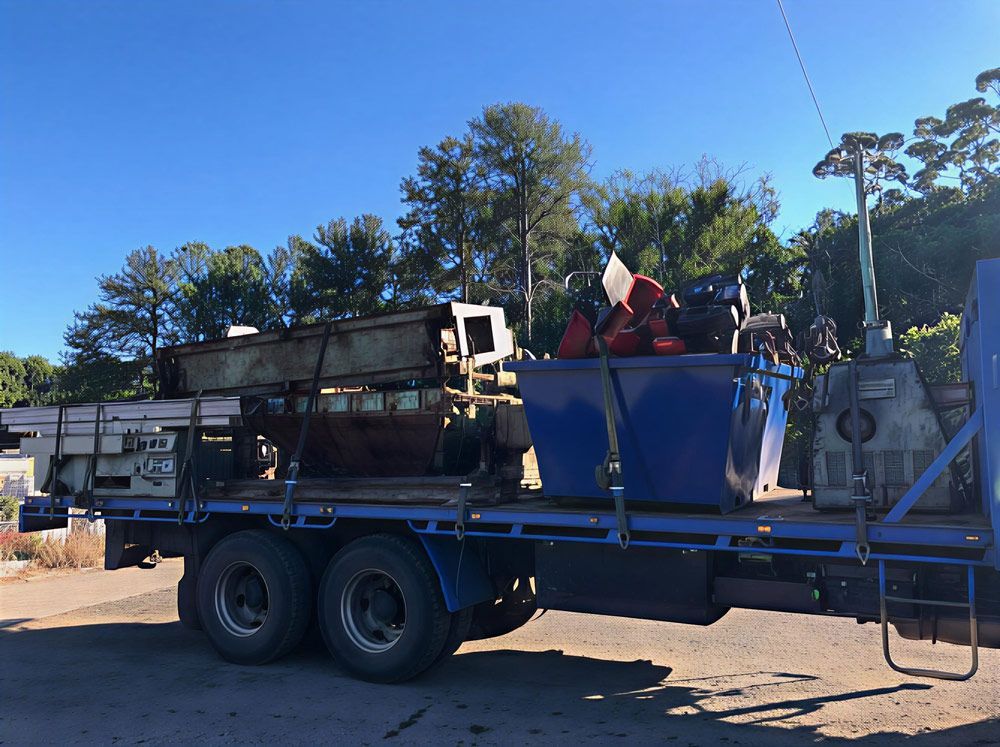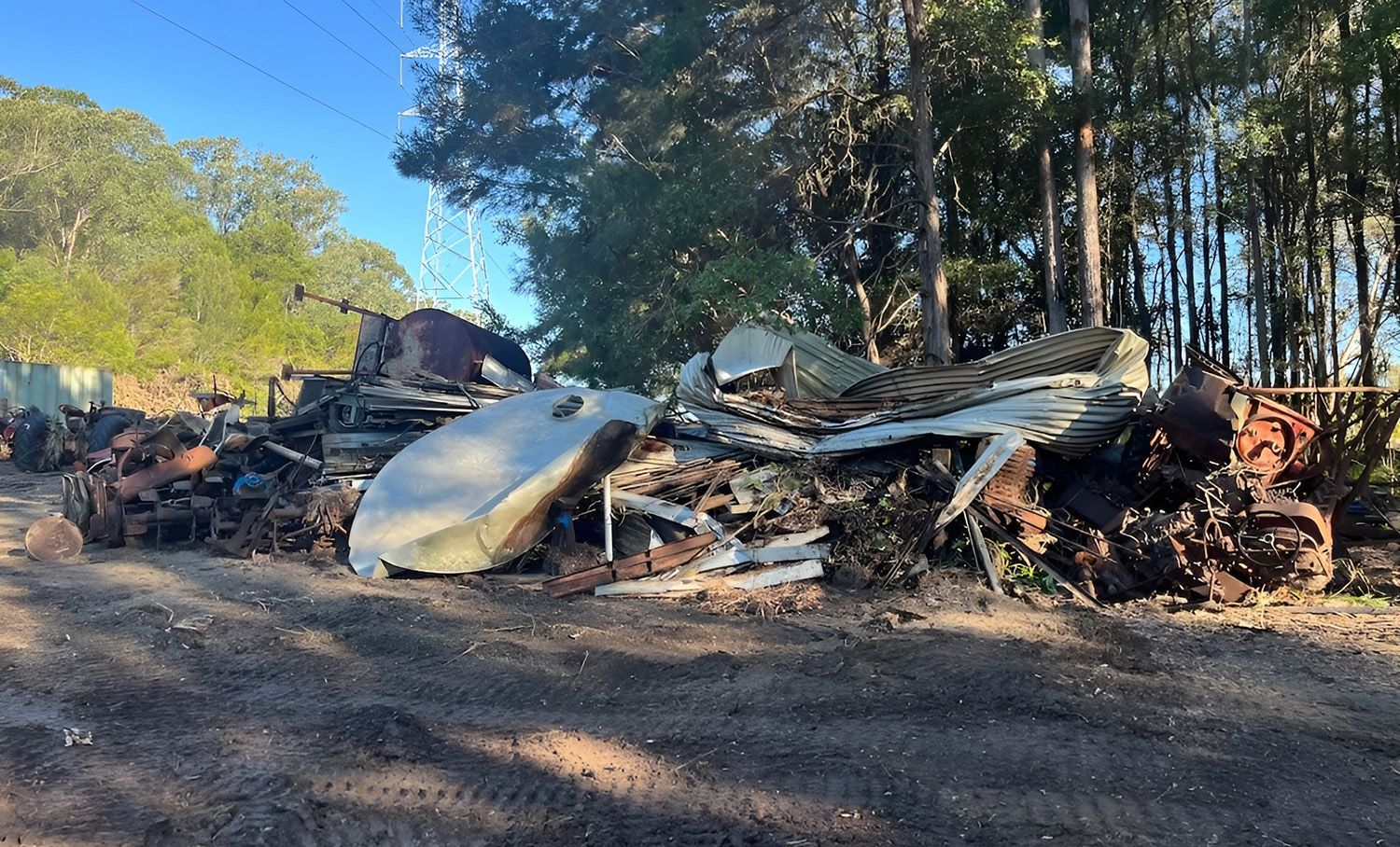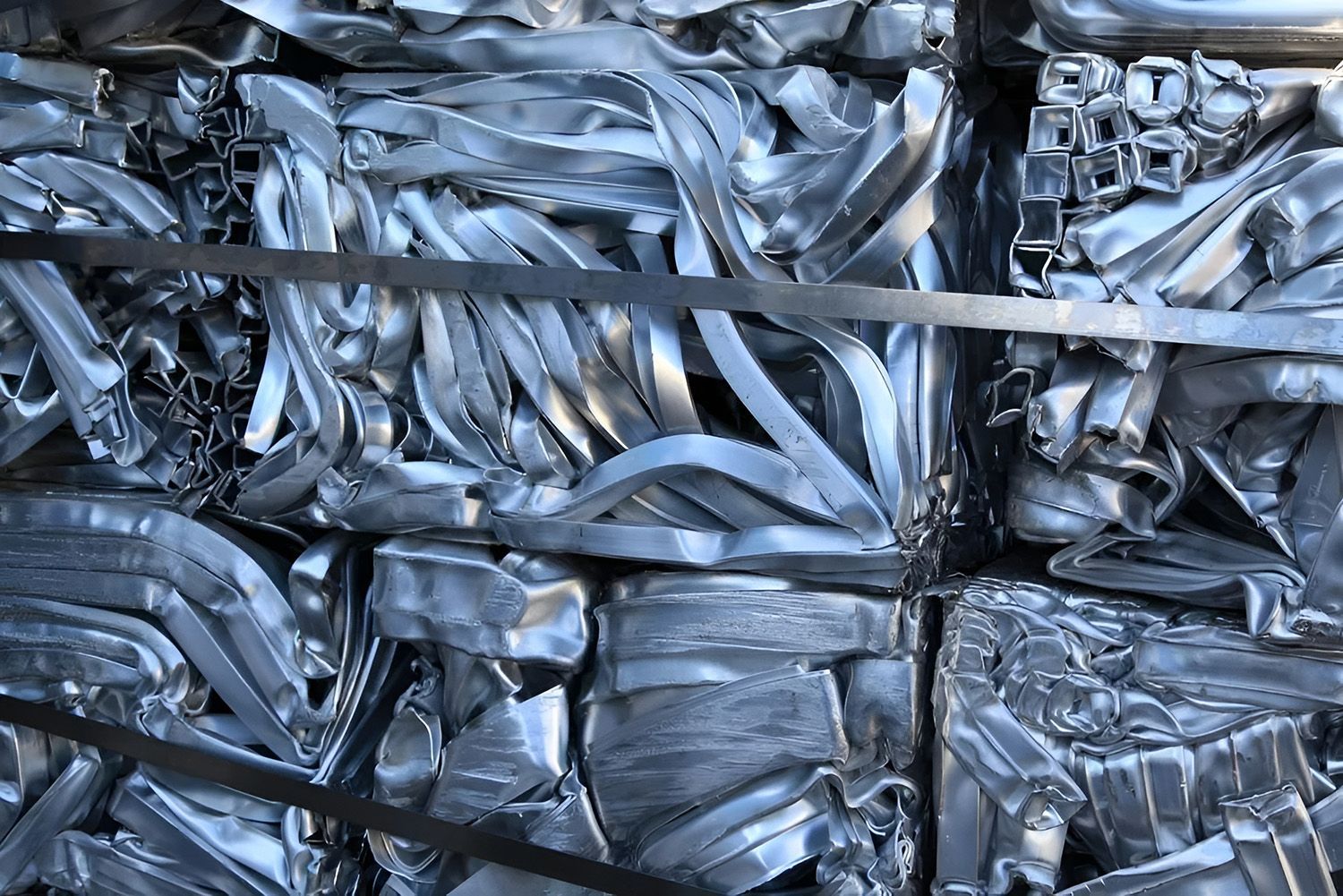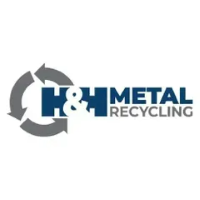The Impact of Commercial Metal Recycling on Local Economies
Commercial metal recycling plays a much larger role in local economies than most people realise. Beyond its environmental value, it supports employment, strengthens small business networks, and reduces waste management pressures on councils. Industries such as construction, manufacturing and trade services generate large volumes of scrap metal, and recycling this material keeps valuable resources in circulation. By turning waste into something useful, commercial recycling becomes a practical way to boost regional growth and sustainability simultaneously. This article explores how these services contribute to economic development at a local level and why they continue to be an essential part of modern business operations.
Commercial Metal Recycling Creates Diverse Local Employment Opportunities
One of the most immediate and visible impacts of commercial metal recycling is its contribution to local employment. Recycling businesses rely on a variety of skilled and semi-skilled roles in collection, sorting, logistics, and environmental compliance.
These opportunities span multiple sectors:
- Collection drivers manage scheduled pickups from commercial premises and construction sites.
- Sorting staff and machine operators process materials at recycling yards.
- Administrative roles handle client scheduling, compliance, and environmental reporting.
- Supervisors and auditors ensure workplace health, safety, and environmental procedures are met.
By supporting employment across these touchpoints, commercial recycling helps stabilise local economies and provides diverse entry points for workers in both urban and regional areas.
Supporting Local Scrap Markets Through Steady Demand
A consistent supply of recyclable metals is essential to keeping local scrap markets viable. Commercial operations—such as those offering bin drop-offs and onsite pickups—keep a steady flow of material moving through the local economy, creating a ripple effect for collectors, transporters, and metal traders.
Here’s how that support is sustained:
- Recycling programs create predictable demand for various metals, including copper, aluminium, steel, and brass.
- Scrap yards benefit from bulk volumes collected from construction, manufacturing, and electrical businesses.
- Smaller operators, like independent collectors and transporters, gain reliable partners for resale and offloading.
This cycle helps maintain competitive pricing in the local scrap economy and ensures scrap remains a viable income stream for a broad network of participants.
Reducing Councils’ Waste Management Burden
Diverting recyclable metal from landfills has clear environmental benefits but also brings significant cost savings to local councils. Commercial recycling reduces the strain on public waste services, helping redirect resources to more essential civic needs.
The economic benefits for local authorities include:
- Reduced landfill volume means fewer tipping and transport costs.
- Less demand on council waste infrastructure, freeing up resources for community programs.
- Lower environmental compliance costs due to decreased contamination in municipal waste streams.
In this way, commercial metal recycling indirectly supports community well-being by making local government operations more efficient.
Turning Construction Offcuts into Revenue Streams
Construction and demolition sites are among the biggest sources of recyclable metal waste. Instead of sending off-cuts, frames, or wiring to landfill, commercial recycling services allow builders and developers to extract value from their waste materials.
Benefits for construction and industrial clients include:
- Getting paid for ferrous and non-ferrous scrap, including beams, pipes, radiators, and cable.
- On-site pickup options minimise downtime and waste handling costs.
- Easier environmental reporting and documentation for building projects.
This practice transforms a disposal expense into a new revenue stream that benefits businesses and the broader supply chain.
Promoting Circular Economy Principles Locally
A circular economy depends on the continual reuse of materials. Commercial metal recycling supports this vision by reintroducing valuable metals into local manufacturing and fabrication sectors, reducing reliance on newly mined resources.
The local benefits of circularity include:
- Metals processed locally are fed back into regional manufacturing pipelines.
- Recycling reduces the environmental impact of mining, transportation, and refining.
- A more sustainable supply chain supports the growth of eco-conscious businesses.
With each tonne of recycled material, local industries become less dependent on global raw material markets, creating resilience and self-reliance.
Stimulating Investment in Regional Recycling Infrastructure
As demand for commercial metal recycling grows, businesses are motivated to invest in better equipment, facilities, and logistics systems to meet the need. This leads to long-term infrastructure development across the region.
Such investment results in:
- Expanded sorting yards and processing facilities with higher capacity.
- More collection vehicles, bins, and onsite service equipment.
- Advanced weighing, material handling, and safety systems to support larger volumes.
In turn, these upgrades foster regional economic development by creating new jobs and strengthening the supply chain for raw materials.
Attracting Businesses That Value Sustainable Waste Management
Modern businesses are increasingly focused on their environmental footprint. Offering accessible commercial metal recycling helps attract and retain clients who seek ethical, transparent, and sustainable waste management options.
This benefit manifests in several ways:
- Businesses that prioritise CSR often choose suppliers with proven recycling credentials.
- Commercial recycling adds value to construction and industrial tenders by improving sustainability outcomes.
- Partnering with recyclers helps businesses meet internal environmental goals and certification requirements.
Commercial recycling operators help shape a greener, more attractive business landscape by aligning with eco-conscious values.
Enhancing Council Policy Outcomes through Partnerships
Local councils have ambitious targets for landfill diversion, waste reduction, and emissions control. Commercial metal recycling providers are key allies in helping achieve these objectives, particularly in commercial and construction sectors where waste volumes are high.
Effective collaboration can:
- Help councils track and report on recycling rates from commercial sectors.
- Reduce illegal dumping and unauthorised disposal of metals.
- Support education campaigns promoting responsible recycling.
These partnerships build trust between the public and private sectors, demonstrating that environmental policy can complement economic progress.
Book Trusted Construction Metal Recycling Services on the Sunshine Coast
At
H&H Metal Recycling, we offer commercial metal recycling on the Sunshine Coast that helps businesses recover value from scrap while supporting local economic and environmental outcomes. Whether you're managing a construction site, commercial facility, or industrial project, we provide reliable site-to-site pickups for materials like steel beams, copper wiring, radiators, and machinery parts. Our service includes prompt payment, compliant documentation, and efficient collection, ensuring your operations stay productive and sustainable. To arrange a pickup or request a quote,
get in touch with us today.









